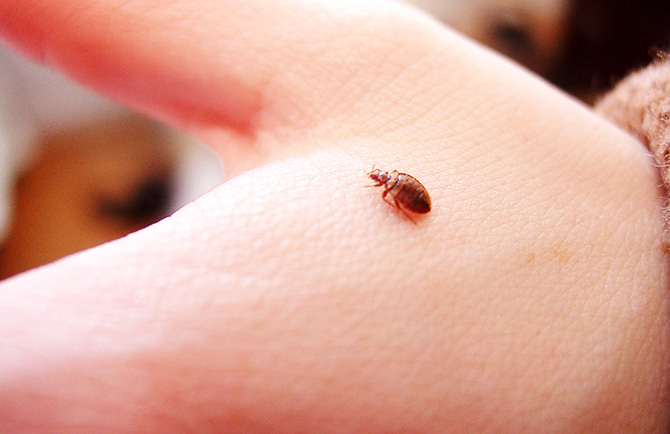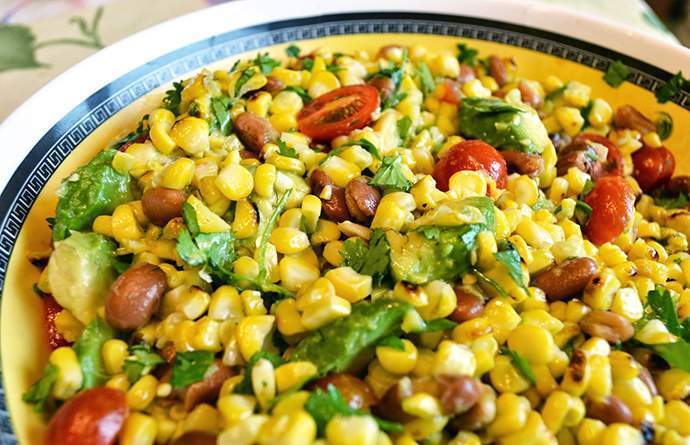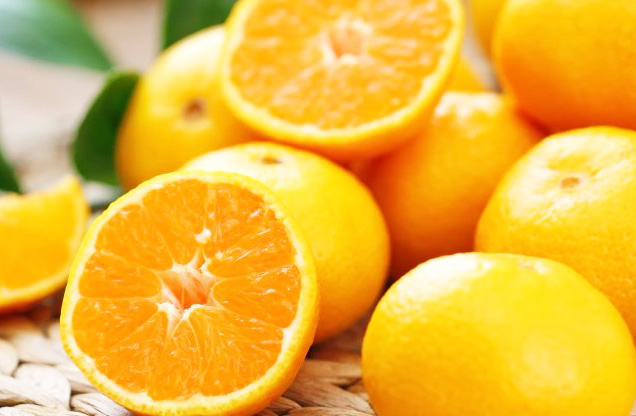No, cornsalad is not related to corn. Yes, it’s a salad staple. Consuming it on a regular basis can help you stay in the pink of health because even though it consists of very tiny leaves, it supplies the body with loads of vitamins and minerals. Highly tolerable of any climate, you can easily grow some cornsalad in your own backyard.
The young leaves are parts of cornsalad that are commonly consumed, and they boast of an unusual taste that’s on the nutty side of things. However, there is no problem associated with the consumption of mature leaves, although many prefer them to be steamed or added to soups or stir-fried vegetables rather than eating them raw.
By the way, cornsalad also goes by the name of lamb’s lettuce, nut lettuce and field salad. Regardless of how it’s referred to, it cannot be denied that this cheap and easily accessible leafy vegetable is good for you. Here are some of the reasons why you should try to incorporate cornsalad into your diet on a more regular basis:
Sharper Vision
One of the most abundant nutrients found in cornsalad is vitamin A. Needless to say, its consumption can help keep your vision sharp. Experts say that vitamin A is actually an antioxidant that helps defend your retina from free radicals, thus lowering your risk of having eye problems that can lead to partial or total loss of vision.
Reduced Weight
Certainly, you can benefit so much from the regular intake of cornsalad if you are trying to slim down. It’s for the fact that it is very low in calories, and it contains absolutely no saturated fat and cholesterol. Since cornsalad also contains fiber, consuming it can make your stomach feel jam-packed, saving you from overeating.
Lowered Blood Pressure
Are you told by your doctor that your blood pressure is the pre-hypertensive kind? Then it’s time to spring into action. One of the things that you can do is include cornsalad in your diet more often. That’s because this vegetable is a source of potassium, which is a nutrient known to relax the blood vessels and lower one’s blood pressure.
Healthier Blood
Cornsalad supplies your body with iron. This mineral is something that helps your body produce sufficient amounts of red blood cells (RBCs) that make it possible for your blood to transport oxygen molecules to various parts of your body. Without enough iron in the diet, iron-deficiency anemia is very much likely to develop.
Stronger Bones and Teeth
Another nutrient found in cornsalad is calcium. It’s no secret that this particular mineral is important for stronger bones and lowered risk of osteoporosis. You need calcium to keep your pearly whites strong, too. As a bonus, cornsalad also contains phosphorous, another mineral that is a role player in the strengthening of the bones and teeth.
Lowered Birth Defect Risk
There is a special kind of B vitamin in cornsalad which is very beneficial for pregnant women and the babies developing in their wombs, and it’s called folate. According to experts, folate is a nutrient that helps prevent neural tube defects which consist of problems that are related to the improper development of the brain and spinal cord.
Reduced Constipation
Just like many other leafy vegetables on the planet, cornsalad is also an excellent source of fiber. Something as simple as dumping a handful of it in your bowl of salad or soup can help increase the amount of fiber in whatever you are about to consume. This lets you enjoy regular bowel movement, as well as reduced risk of colon cancer and piles.
Stronger Immune System
There is also vitamin C present in every serving of cornsalad. We all know that the said vitamin is so important for keeping the immune system up and running. If you want to save yourself from being down with the cold, flu or any other type of infection, make sure that you regularly consume vitamin C-containing foods like cornsalad.








